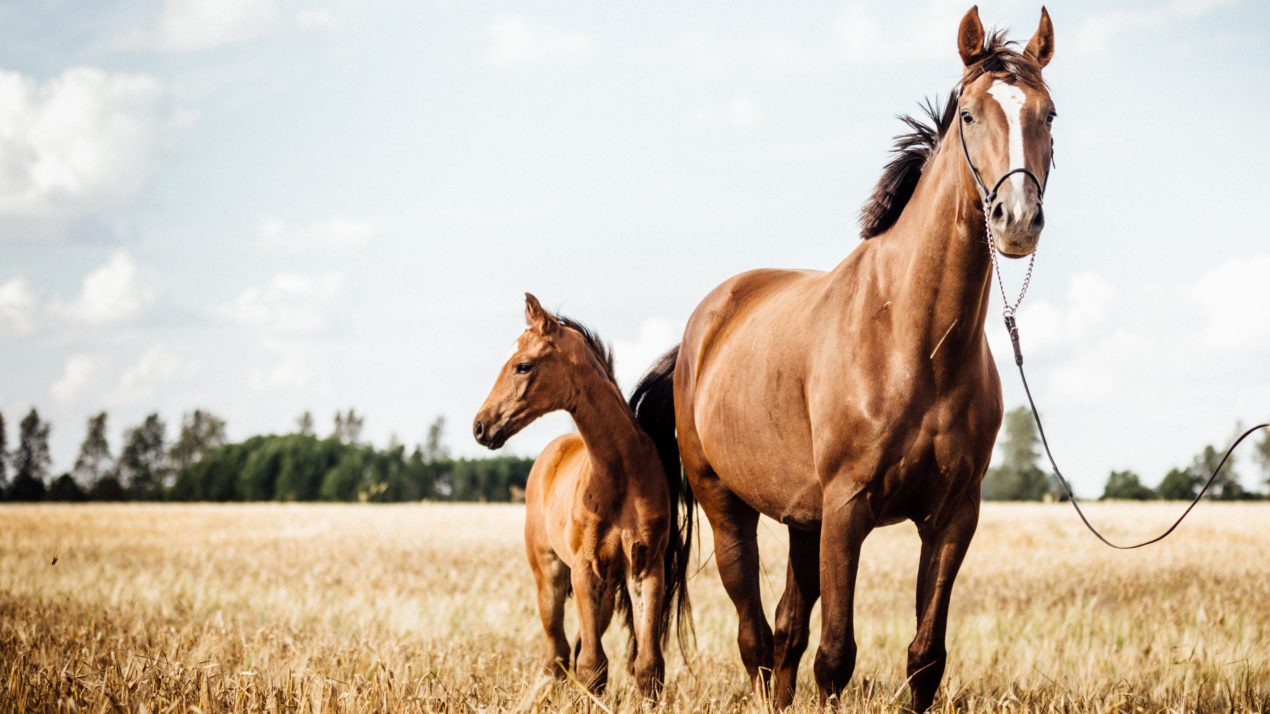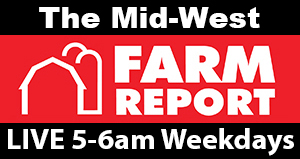
A Monroe County horse has tested positive for Wisconsin’s first case of Eastern equine encephalitis (EEE) in 2021. The results were confirmed August 11 by the Wisconsin Department of Agriculture, Trade and Consumer Protection (DATCP) and the Wisconsin Veterinary Diagnostic Laboratory.
The unvaccinated 2-year-old crossbred gelding was euthanized after showing symptoms of the disease. Horse owners are strongly encouraged to vaccinate their horses against EEE and West Nile virus (WNV), which are both transmitted by mosquitoes. Horses that have never been vaccinated require two doses of the vaccine initially followed by annual boosters.
WNV and EEE may cause encephalitis, or inflammation of the brain. Symptoms of encephalitis in horses include depression, loss of appetite, drooping eyelids and lower lip, fever, weakness, twitching, paralysis or lack of coordination, aimless wandering, circling, and blindness. Horses may also go down, be unable to rise, exhibit seizures, or become unresponsive. Equine owners should contact their veterinarian if they observe any of these signs.
EEE is fatal in more than 90% of equine cases, and WNV is fatal in 30-40% of cases. In 2020, Wisconsin confirmed 26 cases of EEE and no cases of WNV. EEE is not contagious between horses and, while humans can be infected by both WNV and EEE, the viruses do not pass directly between horses and people. Mosquitoes carry the viruses from infected birds, and the only route of transmission is from a mosquito bite. Confirmation of a horse infected with EEE means the virus is in Wisconsin’s mosquito population.
Because the viruses follow mosquito populations, the threat in Wisconsin varies depending on the weather but normally starts in mid- to late summer and remains until the first killing frost. Besides vaccination, limiting exposure to mosquitoes will help control these diseases.

Leave a Reply